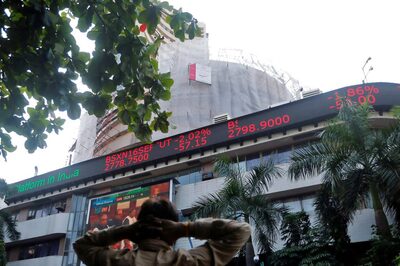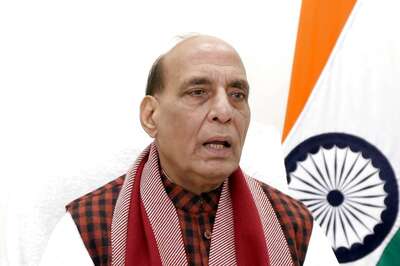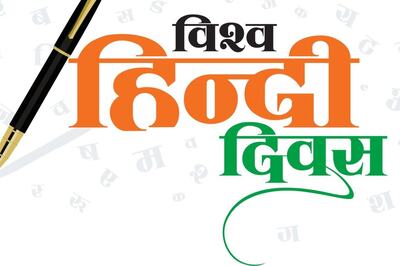
views
Bangalore: Google Inc, the world's largest search engine, is in talks with the Indian government on blocking access to specific maps and images that reveal sensitive locations and vital installations in the subcontinent.
"Conversation is on between our legal teams and the Indian government on identifying the maps and images containing geographic information on sensitive locations and vital installations in the country that can be taken off from Google Earth," a top company official said here Tuesday.
The discussions are being held in the backdrop of security concerns expressed by President APJ Abdul Kalam and various political parties on easy access to high-resolution images through the search engine's free map and satellite imagery site - Google Earth.
"At this point of time, we cannot say when the discussions will conclude. We are addressing the security concerns expressed by the government and the need to block access to sensitive information. This is an ongoing exercise we have with governments worldwide," the official, who heads the Google India R&D centre here, said on condition of anonymity.
Kalam had also apprehended that the free mapping programme could help terrorists with satellite images of potential targets.
"You will realise some developing countries, which are facing danger of terrorist attacks, have been singularly chosen to provide such high resolutions," the president had said in October 2005.
During his visit to Bangalore in April 2006, Kalam also called for a new law to prevent foreign satellites from getting images of sensitive locations in India and make such attempts a cognisable offence.
"Satellites fitted with high-resolution cameras can take pictures of any object anywhere. Some nations have laws against snapping such pictures and their violations are punishable. We have to create our own laws," Kalam had said.
Though Google Earth has blacked out White House and Pentagon in Washington DC, the one-metre resolution maps have clear images of the Parliament building, Rashtrapati Bhavan and several sensitive air bases and seaports across the country.
Admitting that the issue was sensitive, Google Vice-President Vinton G Cerf said that different nations and governments have different perceptions and views about having access to such geographic information.
"Though I do not have specific information about India, we have addressed the issue in some countries. For instance, in the US we have removed or replaced information on some US installations with less resolution and blanked out the top of White House," Cerf pointed out.
Similarly, in Germany and France it is illegal to profit from such images and materials. Security issues have to be addressed as per each nation's requirements.
"Concerns about specific information on sensitive locations or vital installations have to considered keeping in view the laws of the respective country," he added.




















Comments
0 comment